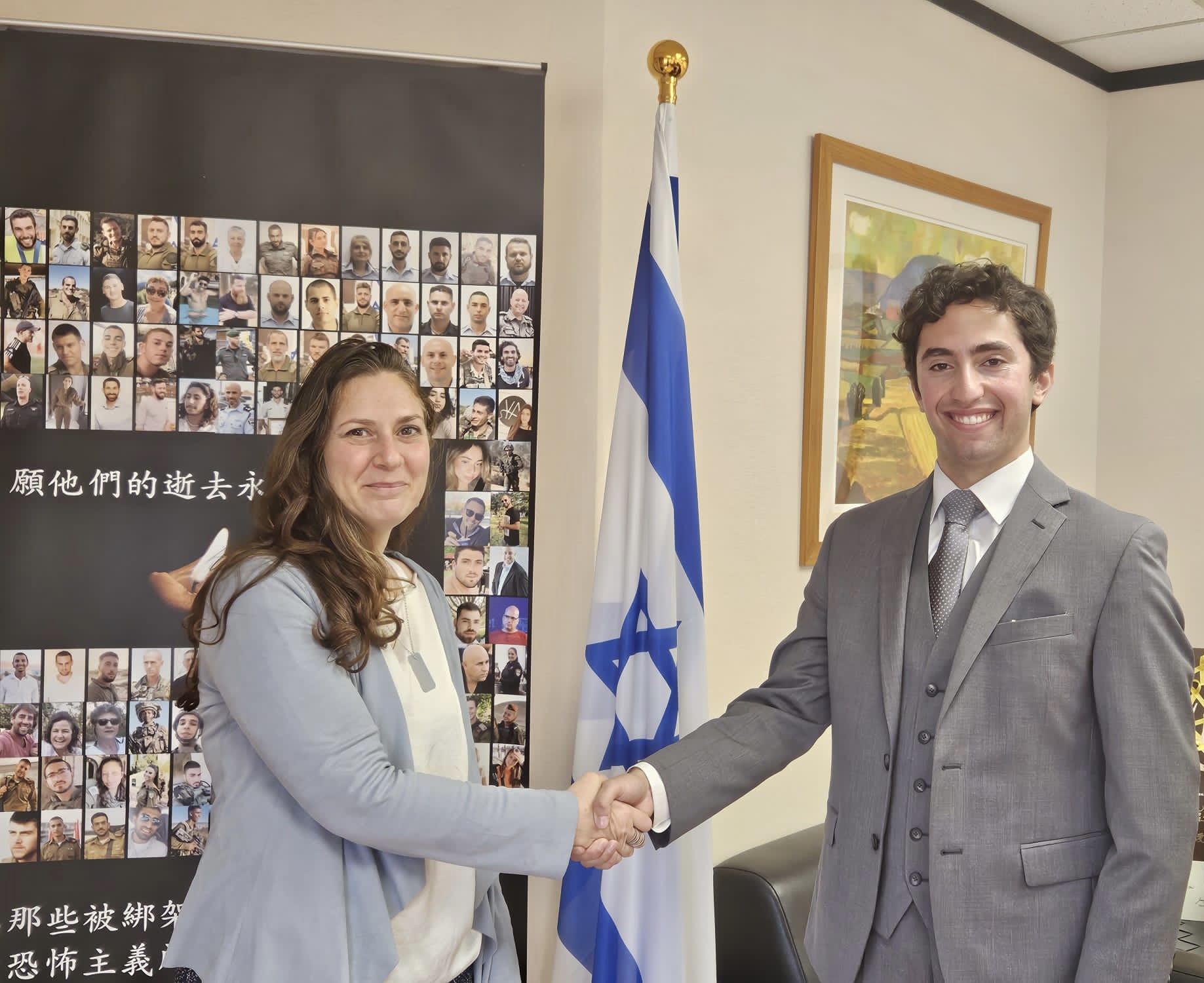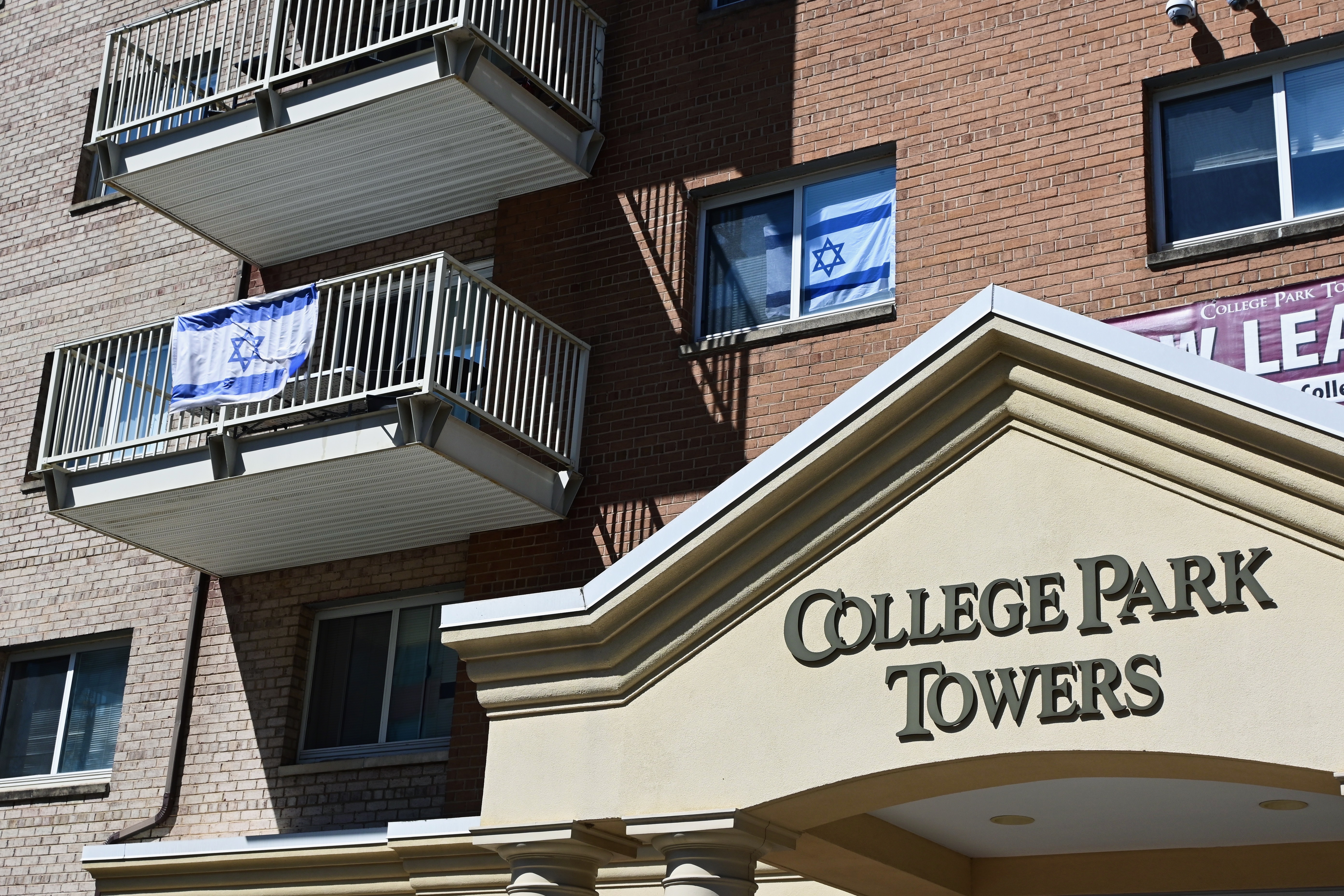
By Laina S. Miller
For Mitzpeh
@LainaSMiller
Purim, celebrated this year on Monday evening and Tuesday, arrived in the midst of the growing international COVID-19 outbreak. Traditional celebrations, including parties, gatherings for the reading of the Book of Esther and sharing of gifts, triggered confusion and fear in the face of quarantines and pandemic panic.
Before Purim, several American Jewish organizations sent out press releases and guidance for general religious practices and Purim celebrations in the face of COVID-19 preparations and quarantines.
The Rabbinical Council of America, an Orthodox national council of rabbis, published a guidance post by Rav Asher Bush, the chairman of their Va’ad Halacha Committee, which makes decisions about religious legal questions, to their website on February 28.
“It is quite common for a well-intentioned person to think that their personal obligations […] are so strong that even though they may not be feeling well, they should push themselves to attend,” Bush wrote, referencing religious obligations to pray or hear the reading of the Torah at the synagogue. “While their motivation is to be admired […] in cases of communicable diseases it is wrong. There is a higher obligation not to harm others and one is not permitted to risk doing so in such cases.”
Bush’s press release also counseled members of the Orthodox community to avoid such traditional actions like kissing holy objects, such as a Torah scroll.
The Rabbinical Assembly, an international association of Conservative rabbis, also posted a short “unofficial” page of guidance for their community:
“Those congregations that are already offering streaming […] should encourage members whose health may be at risk, or whose presence may be a risk to others, to stay home and make use of this option […] Hearing the Megillah being read via telephone or live streaming, is permitted when necessary, so long as the sound is undistorted, live and not a recording.”
On this university’s campus, many of the celebratory events were highly attended, in spite of possible concerns about large gatherings.
According to numbers reported on Maryland Hillel’s Facebook page, over 100 people attended Monday night’s Purim 2020 event at the Stamp Student Union, and over 30 showed up on Tuesday at the Jewish Learning Initiative on Campus (JLIC) at Maryland’s Open House Purim Seuda.
Rabbi Zalman and Mrs. Mariel Goldstein, the educational director and director of women’s education at Meor Maryland, held a small Purim celebration at their home, but saw few signs of COVID-19 seriously impacting Purim celebrations in this university’s Jewish community.
Approaching spring break, and the exams that often appear in the week preceding it, had more of an impact on Purim celebrations, said Rabbi Goldstein.
“Many students felt unable to do a proper Purim because of tests before spring break,” he said.
At an educational meeting held on Wednesday night, Goldstein said, “my students unanimously said none of them had lost an iota of sleep about it,” adding that students’ real concerns were mostly focused on their grandparents’ risks, not their own chances, with COVID-19.
At her Purim celebration, Mrs. Mariel Goldstein said, “No one didn’t come because of corona.”
Both educators said that the major effects of COVID-19 didn’t really impact this university’s students until after Purim was over, as national sports teams canceled or postponed events, and Gov. Larry Hogan closed all Maryland public schools, senior center activities and planned gatherings of 250 or more people.
Rabbi Ari Israel, the executive director of Maryland Hillel, said in a pre-Shabbat Facebook post, “Almost every University, Hillel community including Maryland Hillel, synagogue, social gathering, sporting event, celebration and even funeral is being curtailed or closed. Let us use our time of isolation to emulate Moses and refocus our energies, re-channel our strengths for good, re-acquaint ourselves with G-d, family and Torah. We must ready ourselves to reengage the world vigorously, through our Jewish values, once we have the green light to emerge.”




